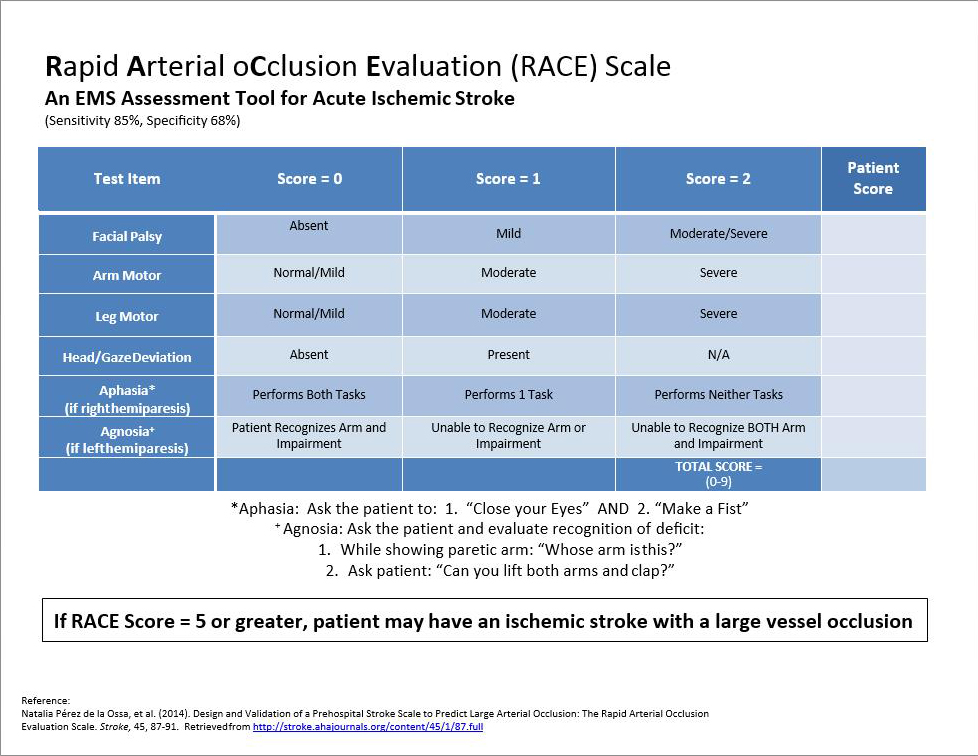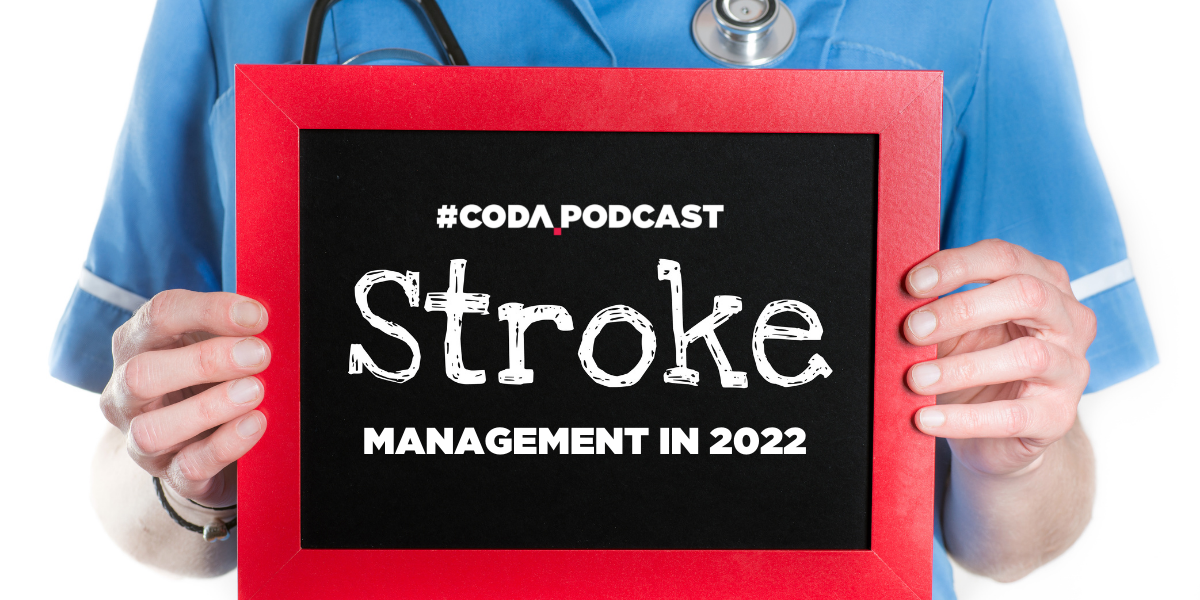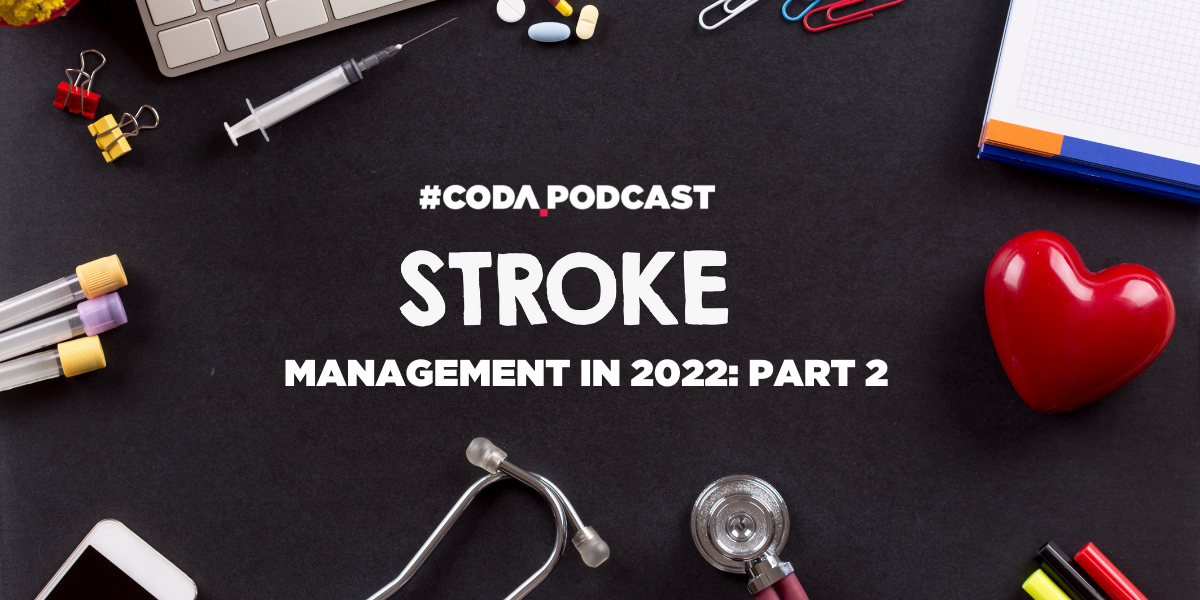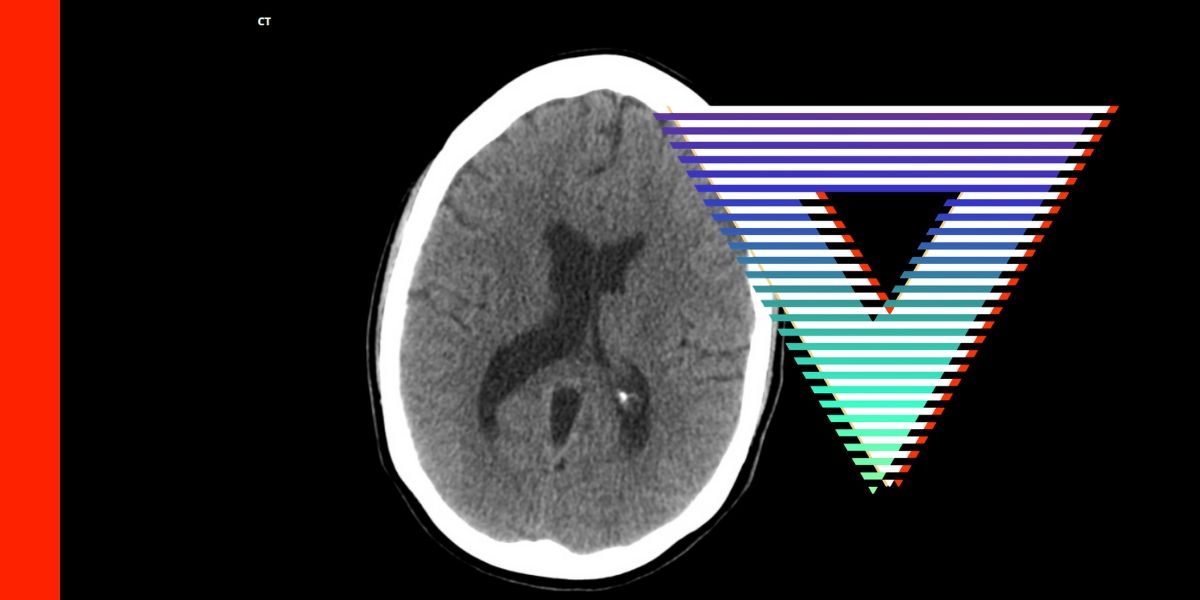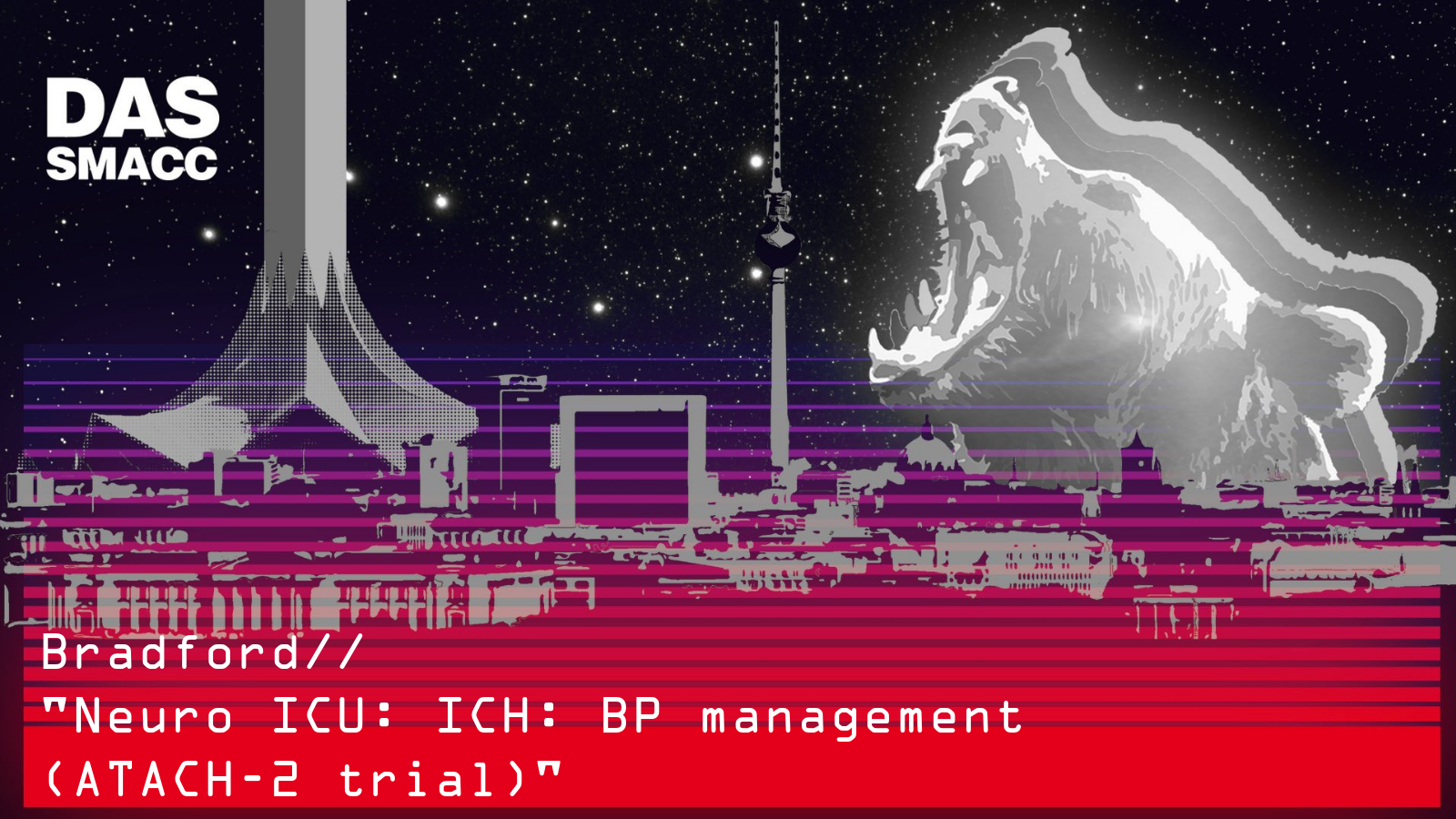Stroke Management in 2022: Part 1
In this podcast, Alex Rowell, Fahad Ashraf, Greg Selkirk & Luke Torre review stroke management in 2022.
Stroke management has changed dramatically in the last 10 years.
In 2015, we proved the efficacy of mechanical thrombectomy. In 2018, we established evidence for mechanical thrombectomy beyond 6 hours in patients with favourable imaging. Moreover, there has been extensive research into dual anti-platelet therapy to prevent recurring stroke in minor stroke patients.
From a technical point of view, there has been an explosion of the number of suction catheters and stent retrievers on the market. This has made mechanical thrombectomy safer & has allowed us to chase distal clots.
So in 2022, it is not just that we are doing thrombectomy, but… we are doing it better.
And as a result, we are improving patient outcomes.
Next, Fahad & Greg discuss what the patient journey looks like in 2022 from being out in the community, to receiving treatment. They discuss how we have streamlined the process – including creating general awareness of stroke in the public, implementing screening tests like FAST & coordinating with emergency first responders.
The challenge in modern day stroke treatment is how to determine which patients get thrombectomy, which patients get thrombolysis & which patients are given conservative treatment?
Greg Selkirk suggests that there are five main factors:
- Does the patient have severe cognitive impairment (what is their pre-existing quality of life?)
- What is their functional status?
- Where is the location of the clot and what is the risk of removing it?
- What symptoms does this patient have? Do the symptoms justify the risk?
- How much salvageable parenchyma is there?
Tune in to a #CodaPodcast by Alex Rowell, Fahad Ashraf, Greg Selkirk & Luke Torre. An informative & interesting update on stroke management in 2022.
Stroke Management in 2022: Part 1
Finally, for more like this head to our podcast page #CodaPodcast
